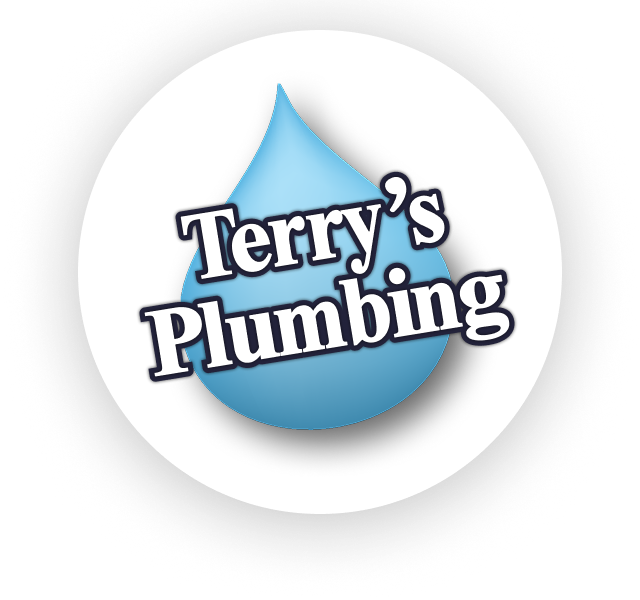Pro TIps
Mastering Maintenance: How To Maintain a Tankless Water Heater
Maintaining a tankless water heater is key to getting the most out of your investment: it ensures that you get hot water on demand, keeps your costs low, and helps give you the full life expectancy out of the heater. But setting up a routine maintenance schedule for your tankless water heater can seem daunting, I mean how do you even maintain a tankless water heater?
A lot of information needs to be taken into consideration, from checking filters, descaling, and inspecting all the piping for leaks. In this blog post, we’ll guide you through everything you need to know about how to clean and maintain your tankless water heater properly so that you can keep it running smoothly and enjoy its benefits for years!
Descaling Your Tankless Water Heater
Descaling is an integral part of maintaining your water heater. To descale a tankless water heater, first, turn off the power source and shut off the water supply. Then, check to see if your tankless water heater has isolation valves on the hot and cold water lines that you can use to hook up the two hoses. If you do not have isolation valves you will need to disconnect the hot and cold water pipes from the unit. Attach a hose to the cold water service valve, and place the other end into a large bucket.
Next, mix a solution of white vinegar and water in a 1:1 ratio in the bucket. Open the cold and hot water service valves, and start pumping the solution into the cold water service valve, allowing it to circulate through the system for 45 minutes to an hour. This will remove the scale build-up inside the heater.
After the descaling process, flush the system with clean water to remove any vinegar residue. Finally, turn the water back on to the tankless water heater, restore the power and water supply, and your tankless water heater is descaled and ready for use.
Cleaning the Filter
Tankless water heaters generally have two types of filters that need regular cleaning– the inlet screen filter and the air filter. These filters should be cleaned every six months or so, but if your water supply is particularly hard or has significant sediment, you might need to do this more frequently. Regular cleaning of the filters can help to maintain the efficiency and lifespan of your tankless water heater. Details on how to clean each filter type are below!
- Inlet Screen Filter: The inlet screen filter prevents debris from the incoming water supply from entering the heater. To clean the inlet screen filter, shut off the power source and the water supply, then open a hot water tap in your home to release pressure. Unscrew and remove the inlet screen filter, then gently wash it under running water, brushing off any debris. Once clean, replace the filter, and restore the water supply and power.
- Air Filter: The air filter helps to keep dust and debris out of the combustion chamber. This filter can typically be found on the unit’s front panel. To clean it, simply remove the filter, then use a vacuum or a soft brush to clean off the dust particles. After cleaning, replace the filter and ensure it’s securely in place.
Protect your Investment with Super Terry!
A well-maintained tankless water heater can provide you with efficient hot water access for years, while also keeping your energy costs low. Regular descaling, along with thorough and frequent cleaning of both the inlet screen and air filters, plays a key role in achieving this. Remember, the frequency of this maintenance may vary depending on the hardness and quality of your water supply.
By implementing these simple steps into a routine maintenance schedule, you can ensure the longevity of your tankless water heater and a seamless supply of hot water to your home. Remember, if you ever feel uncomfortable performing any of these steps, never hesitate to reach out to a professional like ua. Your tankless water heater is an investment worth protecting, and proper care will ensure it continues to provide value in the long run. As always, if you have any questions fill out our contact form!
